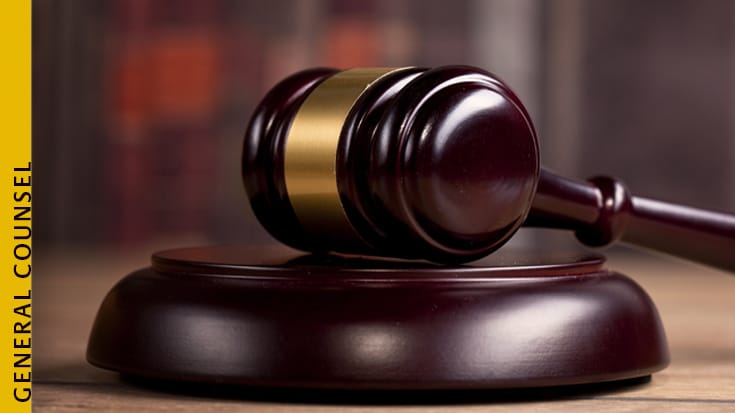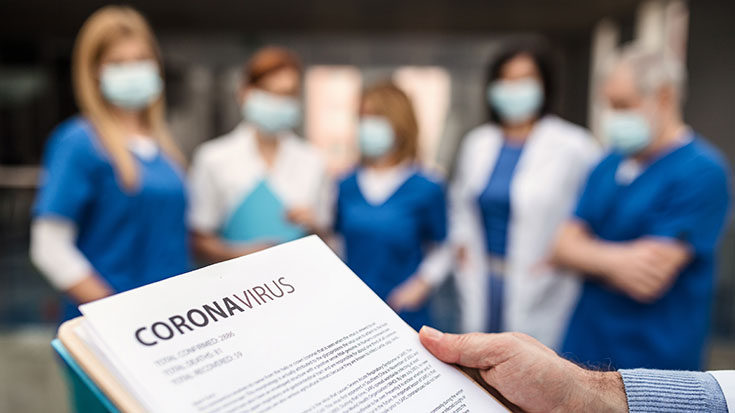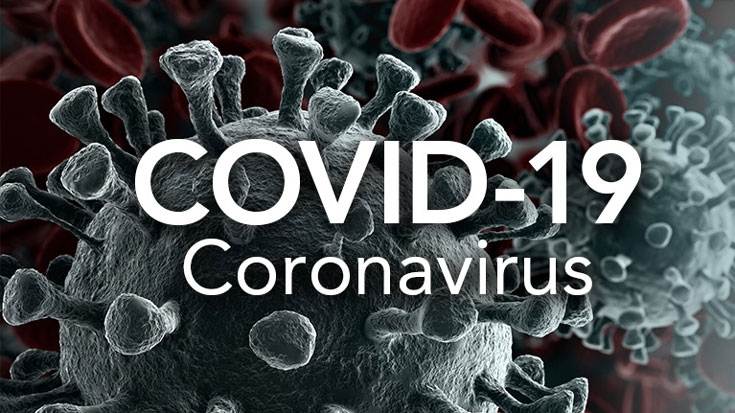
Across the country, thousands of people are out of work, and many are barely scraping by. Although the economy is slowly waking up, many people have not been able to make house and car payments and have debts that are growing larger every day. While some federal laws have helped by forestalling evictions, at some point, those moratoriums on eviction and foreclosure will end, and for people without the means to pay their debts, this could result in a wave of collection lawsuits.
There is a way out.
Bankruptcy is a scary word. The idea of “going bankrupt” probably sounds like the end of your life expressed in two terms. But, as difficult as it may be to believe, bankruptcy is a process designed to help people (and businesses), not hurt them. Bankruptcy courts work for the bankrupt person and treat litigants with compassion.
There are several different “chapters” of bankruptcy, and each has its positives and negatives. Chapter 11, often called reorganization, is designed to help businesses by restructuring their liabilities and paying off creditors. Although an individual can take Chapter 11, very few do.
The most common forms of bankruptcy for individuals are Chapter 7 and Chapter 13. Under Chapter 7, except for your exempt property (which varies by state), all property you own is likely to be sold to pay your debts. However, the exemptions cover a long list of property, including cars (in some instances) and pensions, health savings accounts, personal clothing, and other things. Chapter 7 usually takes expensive items, such as jewelry, cameras, and other high-value items. While the loss of that property sounds harsh, you emerge with no debt whatsoever and get a clean start, with all your debts eliminated. No one to whom you owed money before bankruptcy can collect money from you after bankruptcy unless they did not receive notice of your bankruptcy petition.
A Chapter 13 bankruptcy is also called a wage earner’s plan. It lets individuals with regular income develop a plan to repay all or part of their debts. Under this chapter, debtors propose a repayment plan to make payments to creditors over three to five years, depending on their income level. During this time, the law prevents creditors from starting or continuing collection efforts. A federal court can sanction those who try.
Chapter 13 offers individuals several advantages over Chapter 7. It lets individuals save their homes from foreclosure. Individuals can stop foreclosure and may cure delinquent mortgage payments over time. Nevertheless, they must still make all mortgage payments due during the Chapter 13 plan on time. Another advantage is that it lets individuals reschedule secured debts and extend payments over the Chapter 13 plan’s life, often lowering payments. Chapter 13 also protects third parties who are liable on “consumer debts.” This provision may protect co-signers.
The most important benefit a bankruptcy provides is that everyone you owe money to receives notice of your filing, and something called the “automatic stay” goes into effect. The automatic stay tells all your creditors that they can take no action to collect any debt from you. They cannot send someone to your house. They cannot call you. They cannot even take you to court and sue you. If they do, they violate the automatic stay. The statute provides for damages, and attorney’s fees, if a creditor violates the automatic stay.
Another essential feature of the statute is that it takes all state court actions previously commenced (i.e., debt collection lawsuits, foreclosure proceedings, etc.) into bankruptcy court. Based on your filed case chapter, the federal bankruptcy court determines the outcomes and how to repay creditors, if at all.
Years ago, I had a client who could not manage her money. Instead of developing prudent saving and spending habits, she sought temporary fixes through Payday Loan companies. If you are not familiar with these companies, they usually ask you to write a $150 check to them, post-dated for 14 days, in exchange for giving you $100 today. The interest rate on such a loan is terrible, but many people use these services to cover emergency expenses.
The problem with these “loans” is that you are issuing a check that you promise to make good in 14 days, and as a result, if you do not have the cash in your account to cover it, you can be hit with nasty check charges, bank fees, and often a loss of the ability to write checks. And that assumes that your district attorney doesn’t prosecute.
Fortunately, bankruptcy stops not only the payday loan company from submitting your check to the bank, but it also can stop prosecution for issuing the bad check in some circumstances. For many, it is the only way to break the chain of payday loans taken out to pay other payday loans.
For individuals in trouble with loans or credit card debt, bankruptcy lifts the crushing burden of monthly payments from their shoulders and lets them breathe again. However, it damages credit for at least 10 years, so you should not take the decision lightly. At least presently, bankruptcy does not write off student loan debts, but there are certain exceptions.
Email newsroom@aarc.org with questions or comments, we’d love to hear from you.















